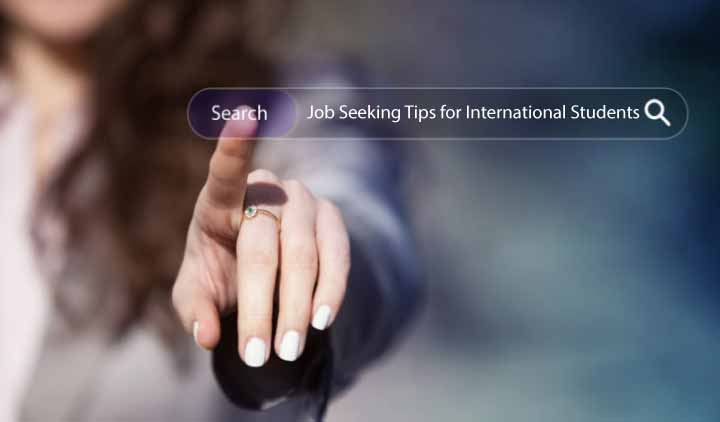1. Should I list my visa status on my resume?
Your visa status should not be included on your resume. Your educational background and work history will display that you are an international student. Hiring managers will ask the appropriate questions during the recruitment process. You should never lie about your visa status, but given the reservations employers have about hiring an international student, it is not to your advantage to draw attention to it.
However, if you name “sounds” international and you are a green card holder or U.S. citizen, you may want to include your visa status on your resume to indicate that you are already legally authorized to work in the U.S.
KNOW MORE: 100% JOB PLACEMENT PROGRAM FOR F1 OPT & CPT
2. What questions are illegal?
An employer MAY NOT ask:
- What is your visa type, nationality, place of birth? or, Of which country are you a citizen?
- What is your native language? or, What language do you most often speak?
An employer MAY ask:
- Are you legally authorized to work in the United States? or, Will you now or in the future require sponsorship for an employment visa?
- Which languages do you read, speak or write? (provided that foreign language skills are job related)
3. How do I answer when I am asked by an employer about my work authorization? (F1 student)
Start by explaining that you have the legal right to work in the U.S. for twelve months (after your optional practical training is authorized, of course, or you at least have a confirmation with receipt number), which requires absolutely no work on their part. Then share that your work authorization can be renewed for another three to six more years with an H-1B work visa. Avoid saying the word “sponsor” when talking about the H1B application process, instead use the phrase “petition.”
4. Doesn’t an employer have to prove that International students are not taking jobs from a qualified American?
No. American employers are not required to document that a citizen of another country did not take a job from a qualified American if that person is working under an F-1, J-1 or H-1B visa. Employers must document that they did not turn down a qualified American applicant for the position only when they wish to hire foreign citizens on a permanent basis and sponsor them for permanent resident status (“green card”).
5. When in the hiring process do I reveal that I’m an international student?
This is a very sensitive question which needs to be assessed on a case-by-case basis. While some employers adhere to strict policies against hiring foreign nationals, others may prefer to hire U.S. citizens, but can be otherwise convinced. Therefore, it should be your goal to get past the initial screening measures to the interview. On the other hand, you should probably broach the subject before the employer has spent a significant amount of time and money trying to recruit you. It is usually recommended that students address the issue of their work status during the first or second interview, but no later than the time of the job offer.
6. If a company says they don’t hire international students, should I even apply?
A lot of times when employers say they don’t hire international students it means that they haven’t hired any international students yet. In order to convince these prospective employers, it is your responsibility to educate them about the process of hiring a foreign national. Be mindful that they still may not hire you, and this can be frustrating. It is recommended that you first target organizations with a history of hiring employees on a work visa.
7. What can I do to make myself a more attractive candidate?
- Get your resume and cover letters reviewed by an expert. You can also choose OPTnation Resume Writing Service.
- Become thoroughly familiar with immigration regulations and benefits attached to your visa status
- Research the employers and the positions in which you are interested
- Participate in a mock interview
- Practice speaking confidently about your skills, interests and career goals
- Improve your English skills by speaking up in class, making presentations and expanding your circle of native English-speaking friends
- Find friendly H-1B employers.
Disclaimer: – https://bit.ly/2S00nLJ
SUBSCRIBE TO OUR LATEST UPDATES
[newsletter_signup_form id=1]

